VanillaA Global History
Intoxicating and evocative, vanilla is so much more than a spice rack staple. It is a flavour that has defined the entire world – and its roots reach deep into the past. With its earliest origins dating back 70 million years, the history of vanilla begins in ancient Meso-America and ends with its current significance. It has been used by nearly every culture as a spice, a perfume and even a potent aphrodisiac, while renowned figures from Louis xiv to Casanova to Thomas Jefferson have been captivated by its aroma and taste.
Featuring recipes, facts and fables, Vanilla unravels the delightfully rich history, mystery and essence of a flavour that reconnects us to our own heritage.
Rosa Abreu-Runkel is an Assistant Professor at New York City College of Technology.
‘This enjoyable and informative book sheds light on a fascinating topic. Who knew the story of this temperamental little orchid has such an interesting history? This fun volume takes readers on a whirlwind tour across the centuries, and across the planet. Readers are treated to a brief and entertaining history of vanilla’s production and consumption. Abreu writes that both Queen Elizabeth I and Giacomo Casanova used vanilla to supplement their sexual prowess, and Thomas Jefferson started a vanilla ice cream rage in the U.S. after he discovered it in Paris. Vanilla’s role in food manufacturing and the fragrance industry are explored, including the dark side of its production and its future on a volatile planet. Brimming with colorful photos and useful facts, this book also contains recipes and links to useful sources to purchase quality vanilla, as well as links to learn more about this remarkable plant.’ — Claire Stewart, author of ‘As Long as We Both Shall Eat: A History of Wedding Food and Feasts’
Introduction
1 Biology
2 History and Origins
3 Exporting the Vines
4 The Modern World
5 Supply and Production
6 Pop Culture
7 Flavour Profile
Recipes
Global Vanilla
References
Bibliography
Websites and Associations
Acknowledgements
Photo Acknowledgements
Index


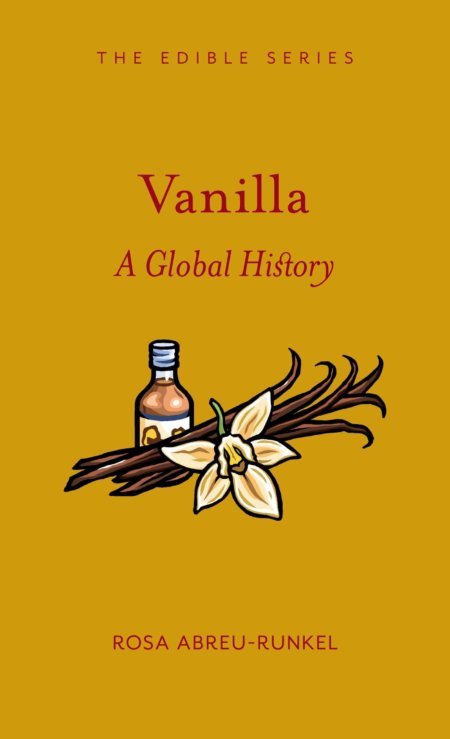



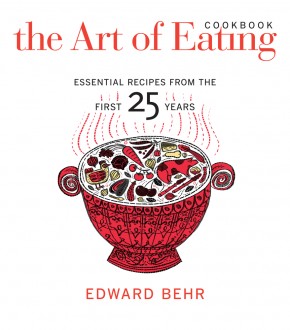
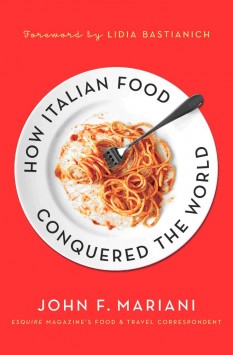

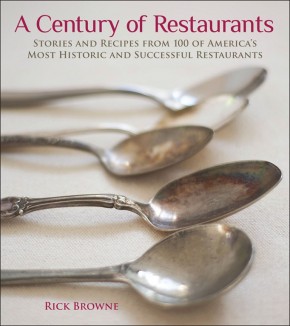
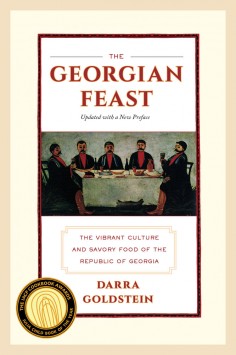
Leave a Reply